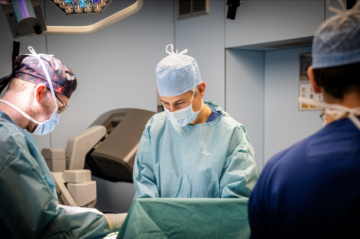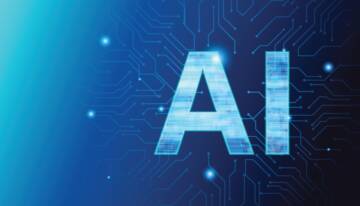Research center imec and KU Leuven present energy-efficient AI chips for robots

Research center imec and KU Leuven have developed a new type of chips for robots that work with artificial intelligence (AI). The chips combine a digital and analog coprocessor: in this way, the calculations that the AI performs can be accelerated, and energy is saved at the same time.
Research center imec and KU Leuven have developed a new type of chips for robots that work with artificial intelligence (AI). The chips combine a digital and analog coprocessor: in this way, the calculations that the AI performs can be accelerated, and energy is saved at the same time.
Research center imec and KU Leuven have developed a new type of chips for robots that work with artificial intelligence (AI). The chips combine a digital and analog coprocessor: in this way, the calculations that the AI performs can be accelerated, and energy is saved at the same time.
Two years ago, imec developed a new type of chip with analog technology. The calculations that that type of chip performs are performed directly in computer memory. That makes it possible to perform most of the operations ten to a hundred times more energy-efficient than in a digital accelerator. For another part of the operations, in turn, the computational precision and programmability of a digital accel erator is better suited.
To combine these two advantages, imec has developed a processor that merges analog and digital technology. This led to the development of a new chip: the DIgital and ANalog Accelerator (DIANA).
The hybrid chip automatically performs the operations on the coprocessor best suited for each specific task. For some applications, such as pattern recognition, an analog processor is best suited. Other applications, such as reasoning about those observations, also require a digital coprocessor. The chip from KU Leuven and imec combines the two processors so that computations are always performed in the most energy-efficient way.
The chips combine a digital and analog coprocessor: in this way, the calculations that the AI performs can be accelerated, and energy is saved at the same time.
Latest insights & stories

AI en data-integratie: een onmisbare symbiose

Ziekenhuis az groeninge innoveert zorg met 5G
Een privaat 5G-netwerk vormt bij az groeninge het platform waarop het ziekenhuis innovatie uitrolt. Van monitoring vanop afstand met biosensoren, robotchirurgie tot opleidingen via VR: alles is gefocust op de zorg voor de patiënt.

Waarom uw AI-project ook een dataproject is
AI heeft kwalitatieve data nodig om zijn volledige potentieel te benutten. Yashfeen Saiyid, Data & AI Practice Lead bij Proximus NXT, legt uit hoe u met een datagedreven benadering de fundamenten voor een succesvol AI-project legt.
“Het bedrijfsleven raakt almaar sterker doordrongen van toepassingen die gebaseerd zijn op artificiële intelligentie. De opmars van generatieve AI, met ChatGPT als uithangbord, zorgde de voorbije tijd voor een opvallende versnelling. Volgens Gartner zal zelfs 90% van de bedrijven in 2025 gebruikmaken van AI op de werkvloer”, begint Yashfeen Saiyid, Data & AI Practice Lead bij Proximus NXT en Managing Director bij Codit.